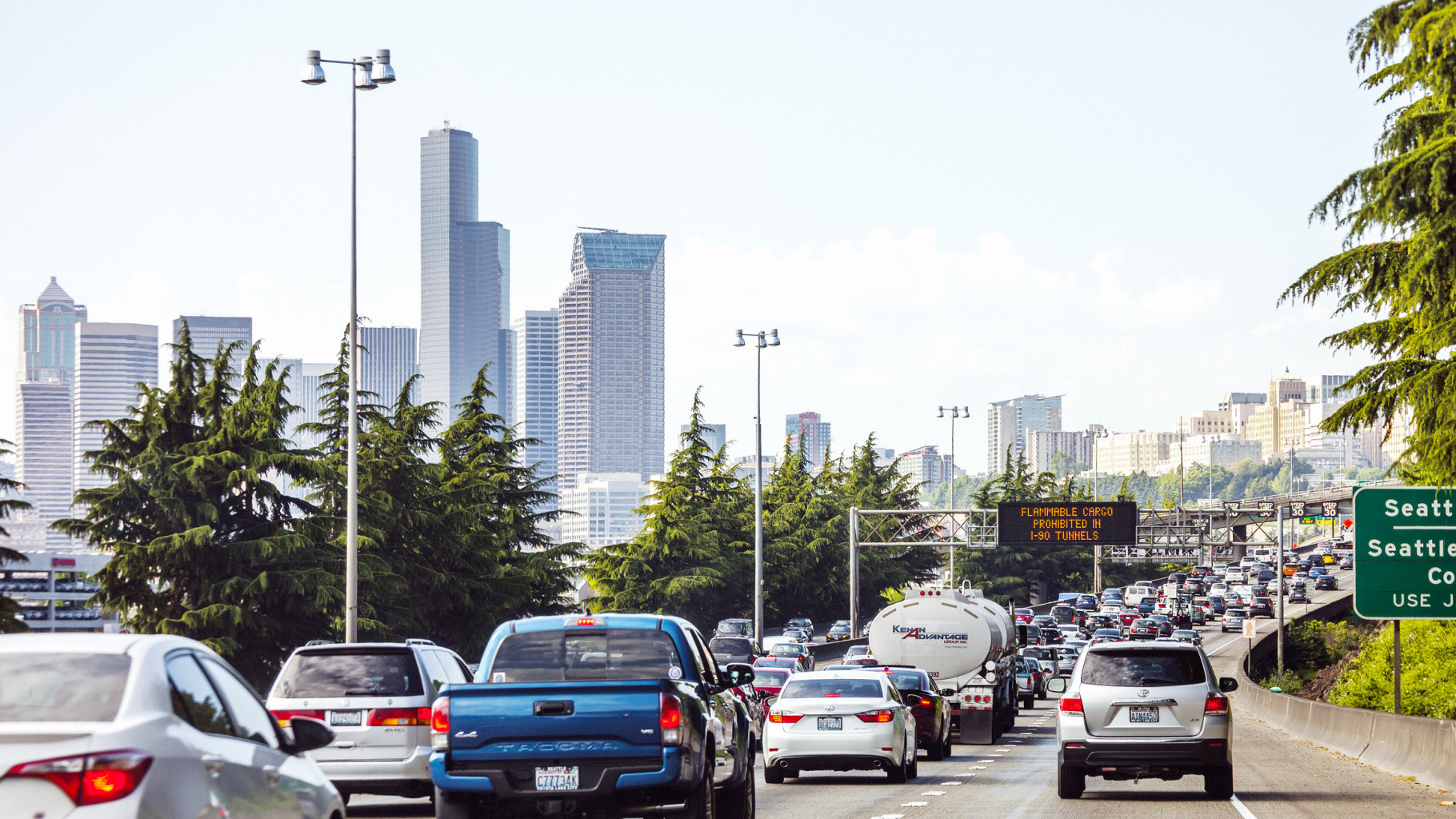How many times have you driven your vehicle, been cut off by someone else, and thought, “Wow, I had the right of way there.” The reality is that most of us have thought about this at some point. However, state law in Pennsylvania does not assign the right of way to anyone, though it does state who is required to yield to another. Even if one driver does not yield the right of way when they are supposed to, other drivers are required to stop or yield if their failure to do so would cause an accident. Here, we want to discuss how individuals are supposed to yield depending on certain circumstances in the Commonwealth.

Right of Way for Pedestrians and Bicyclists
In general, pedestrians are going to have the right of way when they are on or around the roadway. Drivers are required to yield to any pedestrian crossing at intersections without traffic lights. Additionally, pedestrians at marked crosswalks have the right of way, regardless of whether or not there is an intersection. Drivers are also required to yield to any pedestrian accompanied by a guide dog or carrying a white guide cane.
Bicyclists are seen as vehicles as far as Pennsylvania law is concerned, and drivers must afford them the same respect that they do any other vehicle on the roadway, including yielding when appropriate.
Right of Way at Intersections
Intersections can be confusing, but it is important to follow right-of-way laws. If a driver is turning left, they must yield to any oncoming vehicles in the opposite lane of traffic. If a driver enters a roadway at the same time as another vehicle and they are on the left, they must yield to traffic approaching from the right side.
If drivers come to a traffic circle, they are required to yield to any vehicles already in the circle. Finally, drivers entering a main road from a private road, alley, or driveway are required to yield to traffic already on the main public road.
Right of Way for Emergency Vehicles
All drivers are required to yield to emergency vehicles on the roadway. This includes emergency vehicles with flashing red or blue lights, such as police vehicles, fire trucks, and ambulances. Drivers should pull to the right lane or off the roadway if possible and necessary.
Right of Way for Funeral Processions
Funeral processions in Pennsylvania have the right of way over every vehicle with the exception of emergency vehicles that have their lights and siren engaged. Drivers can identify funeral processions by looking at headlights and emergency flashers and occasionally flags.
What if You Fail to Yield?
Drivers in Pennsylvania could face a citation if they fail to yield the right of way. The penalties include a fine of $50 as well as court costs and three demerit points attached to a driver’s license.
Additionally, failing to yield the right of way significantly increases the chance that a crash will occur, and this could lead to significant property damage, injuries, or even a fatality.
If you do find yourself in an accident, please reach out to our car accident attorneys in Philadelphia.